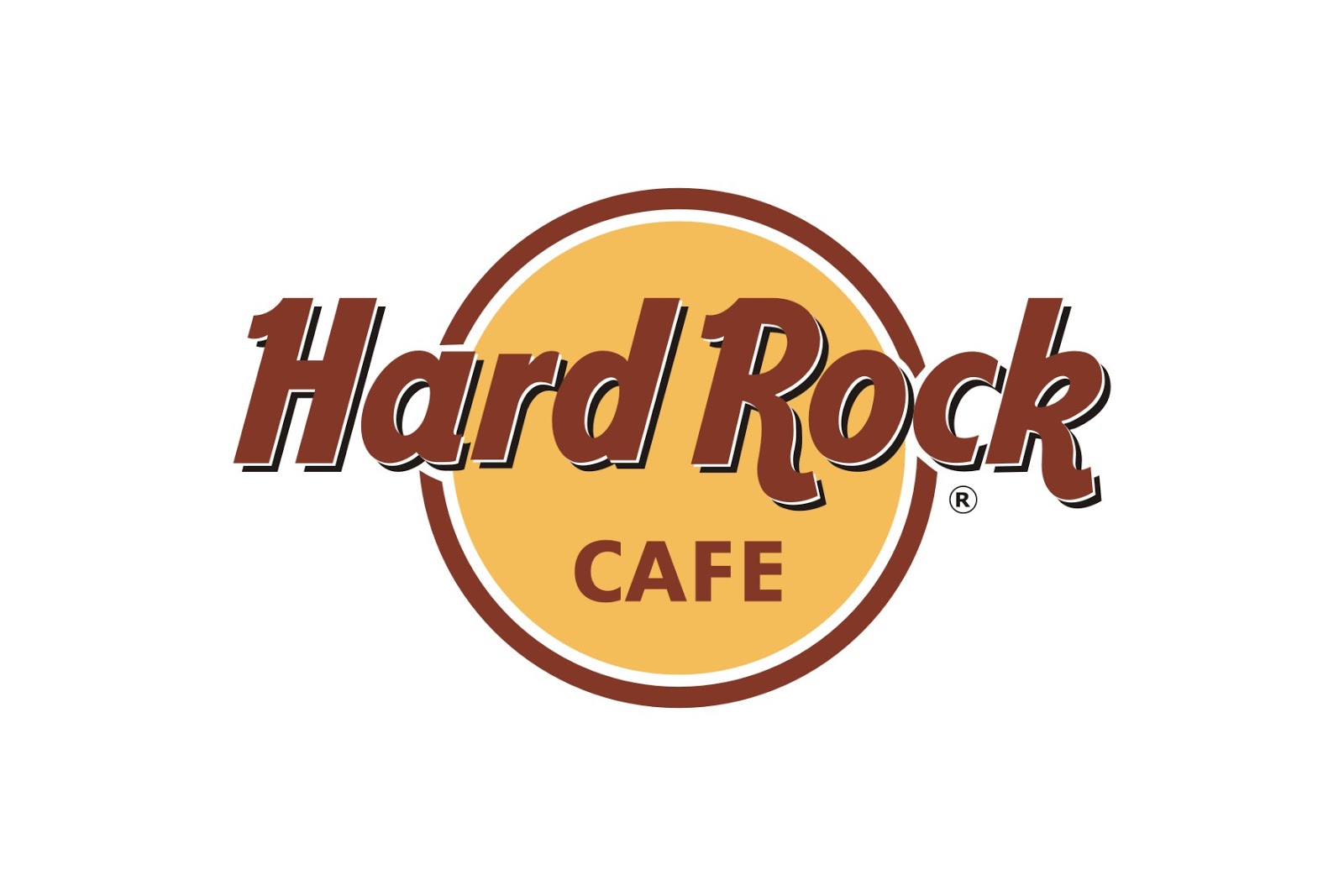

So begins your strange tale of trying to get your scarf back, while learning more about the young Cat, the house, and yourself.Įvery time you enter a room of the house the door locks behind you, leaving the cast of bizarrely eerie inhabitants set you puzzles to solve in order to escape.

Arriving at her house, Cat heads inside before you notice she still has your scarf – the winter-ware means a lot to you, so you head inside to reclaim your clothing. She's lost and cold, so you wrap her in your scarf and walk her home. Poets/performers at the Stray Dog Café included Anna Akhmatova, her husband Nikolay Gumilyov, Velimir Khlebnikov, Vladimir Mayakovsky, Marina Tsvetaeva, Boris Pasternak, Sergei Esenin, Mikhail Kuzmin, Osip Mandelstam, etc.The story of Stray Cat Crossing has you play a young woman who meets a girl named Cat. Many of these poets later became patrons of the Stray Dog.

This was the apartment of the symbolist poet Vyacheslav Ivanov, who also influenced Vsevolod Meyerhold's use of theatre. A key locale for the followers of the emerging acmeist and futurist literary movements, the Stray Dog clientele rejected the symbolist school of thought. Its closing was linked to the start of World War I. Run by proprietor Boris Pronin, out of the cellar of the Dashkov mansion, it opened New Year's Eve, 1911 and was shut down by the authorities in 1915. The cafe was in disrepair for many years and reopened in 2001. They considered themselves "'stray dogs' shunted aside by proper aristocratic society", which led to the name. The Acmeist poets ( Nikolay Gumilyov, Mandelstam, Mikhail Kuzmin, etc.) gathered there to discuss theories of literature, give poetry readings, and perform theatre. The Stray Dog Café was a meeting place for writers and poets between 19. The Stray Dog ( Russian: Бродя́чая соба́ка, also known as the Stray Dog Cellar, Stray Dog Cabaret and the Society for Intimate Theatre) was a cafe located at Mikhailovckaya Ploshchad, 5 (Ploshchad Isskustv), Square of the Arts up to Summer Gardens, St.


 0 kommentar(er)
0 kommentar(er)
